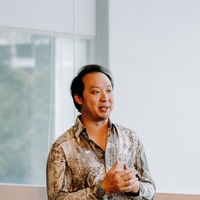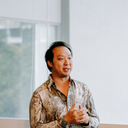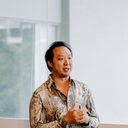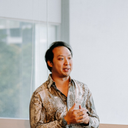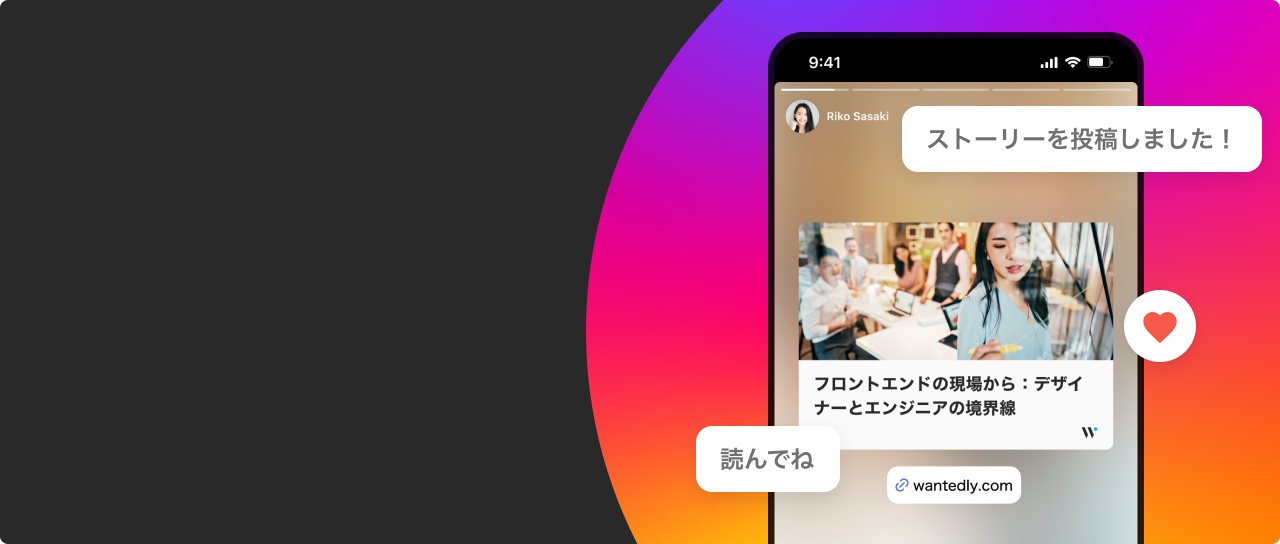Inclusive Employment: Russ Neu, CEO of Social Collider, shares inclusive hiring practices to build a workplace culture that empowers his team to thrive and create impact
Inclusivity is Empowering Everyone!
As part of Wantedly’s new series on inclusive hiring in partnership with SGEnable, we talk to disabled employees and their employers to get to know more about their challenges, their culture, how they overcome, and thrive together to reach their goals.
You’ve seen our feature with visually-impaired Valerie Ng, HR Lead and Youth Instructor of Social Collider. Russ Neu, CEO of Social Collider, shares his hiring beliefs, inclusive hiring practices, and vision for the future of an inclusive workplace.
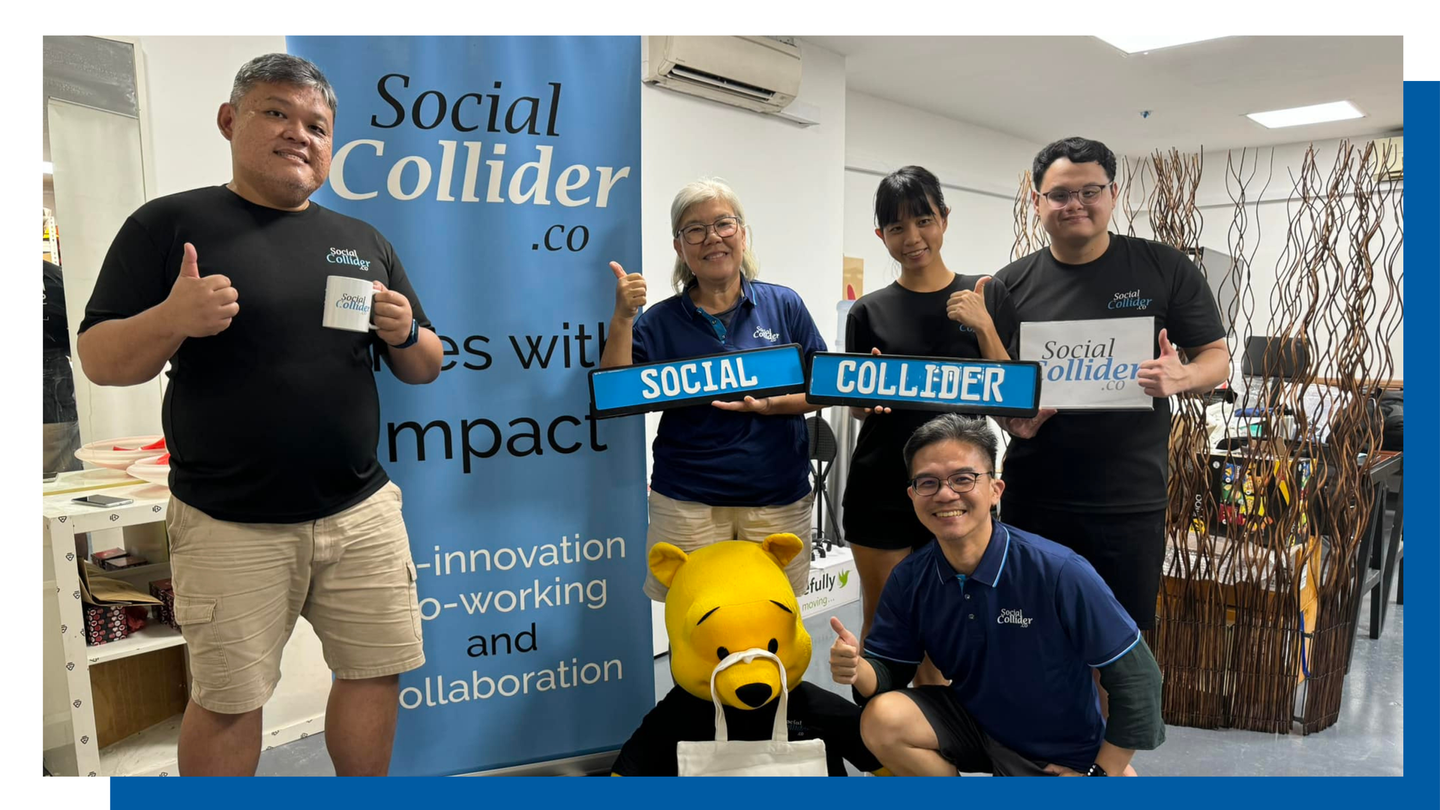
Russ, what does inclusive hiring mean for you and Social Collider?
Social Collider's mission is poverty alleviation through economic development, and our vision is a world of equitable opportunities.
At Social Collider, we believe in hiring for the position based solely on the skills and qualifications needed. As the CEO, I am responsible for hiring decisions, and we do not ask or mark down applicants for personal attributes or abilities which are not relevant to the work scope.
What is a recent win you are proud of relating to disability inclusion in the workplace?
Our team has a facilitator who is visually impaired, and she led a team of non-disabled peers on community service and learning journeys to Laos over the past year.
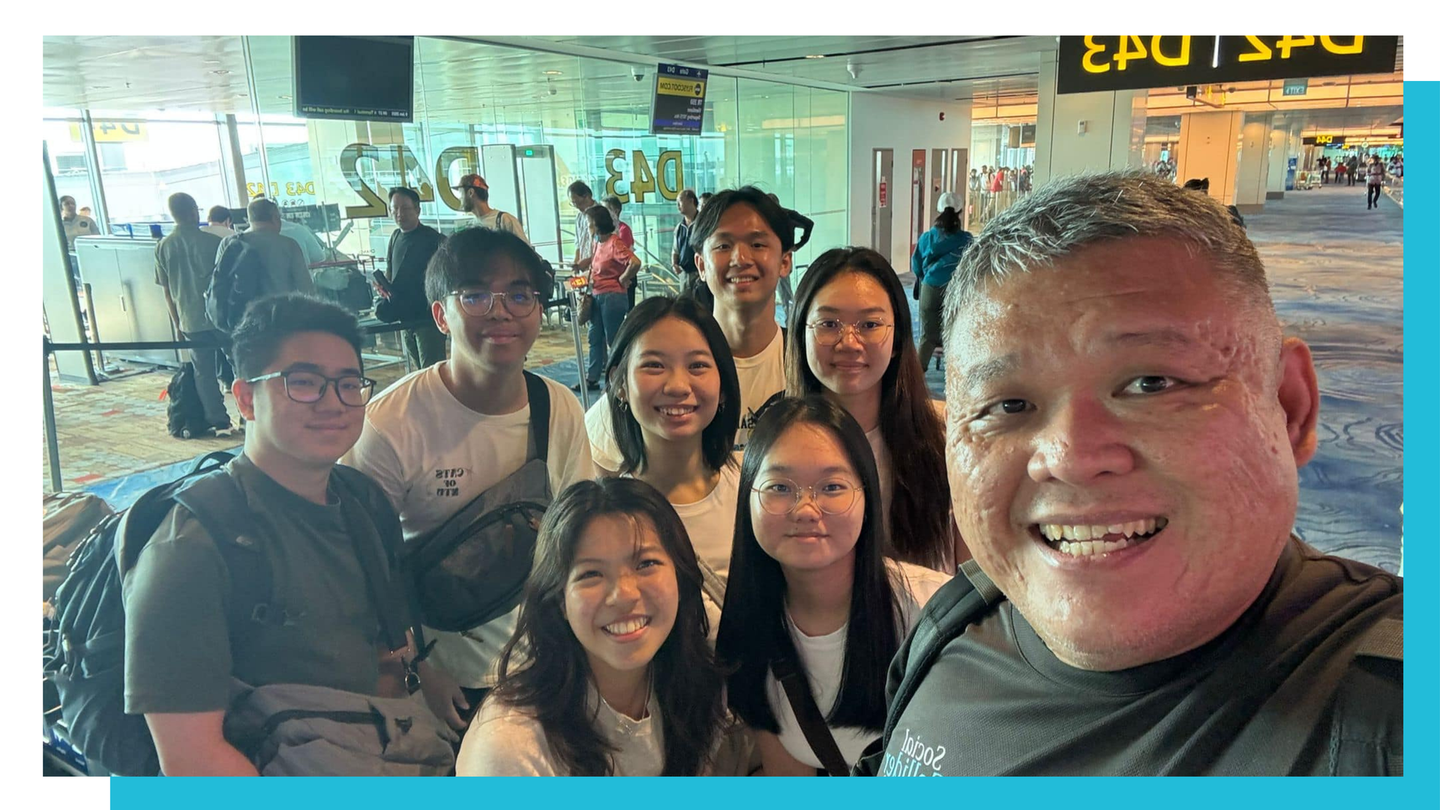
What inspires you as a leader in the workplace to be inclusive? Do you have any personal stories to share?
I have close friends and former colleagues who are people with disabilities. When I see their difficulties and struggles in finding gainful employment despite the fact they have the necessary expertise, it sparks something in me to do something about it.
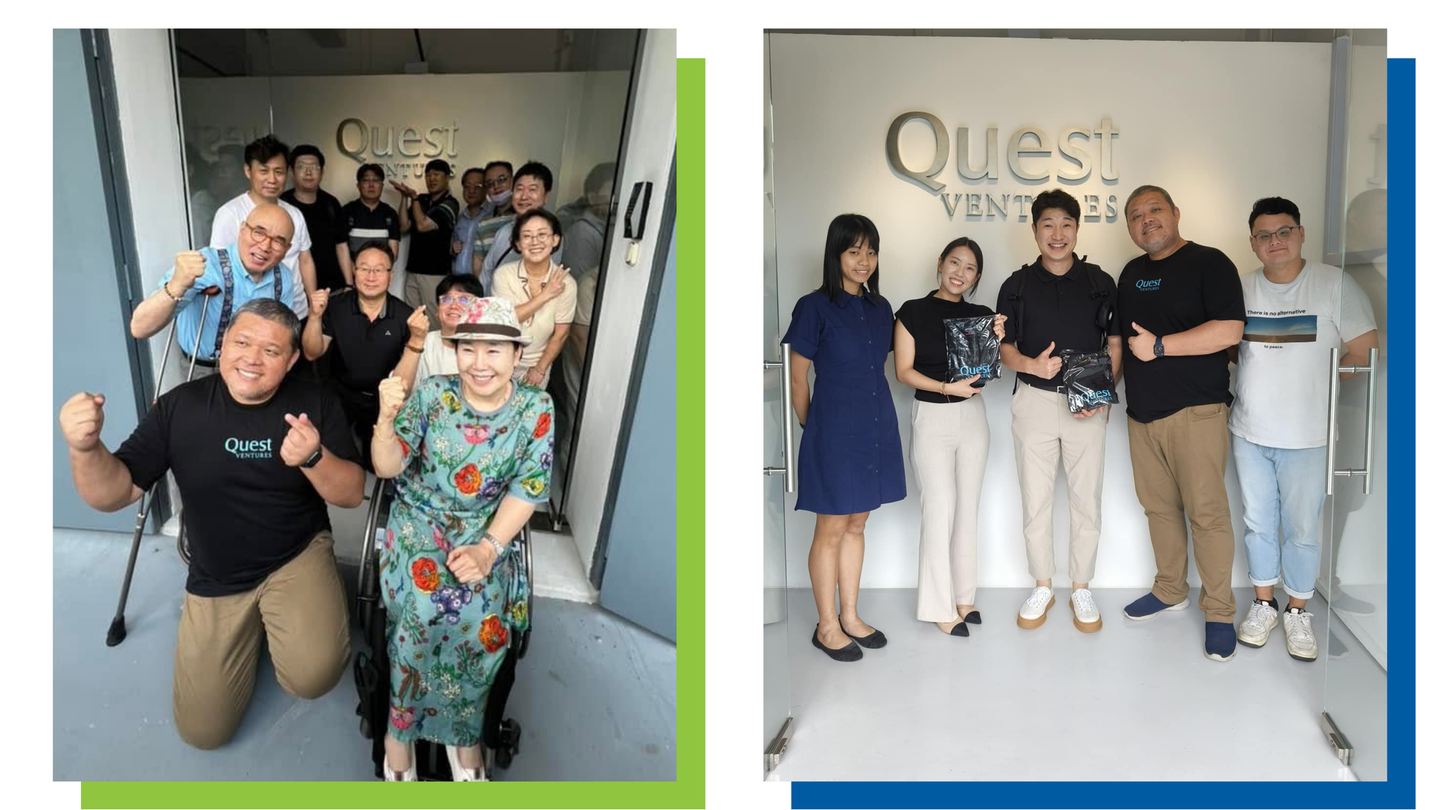
Can you share some of the inclusive practices that Social Collider has in place?
We ensure that our colleagues with disabilities get the necessary support they need to carry out their work. For example, for our visually impaired colleague, we have a co-facilitator to help her with navigation. And for our deaf colleague, we use software that has speech-to-text capabilities.
When it comes to disability inclusion in the workplace, what are some of the biggest challenges you have faced as an employer?
Sometimes there is a lack of awareness and understanding on our part as to what accommodations are needed, like how a particular disability impacts functional tasks that need to be done. Otherwise, we may make too many assumptions. We need to be mindful and always check in with each other on these aspects.
We need to be mindful that there is a need to set different expectations not in the quality of work, but in the amount of time needed and taken by the differently abled colleagues to carry out and complete their tasks.
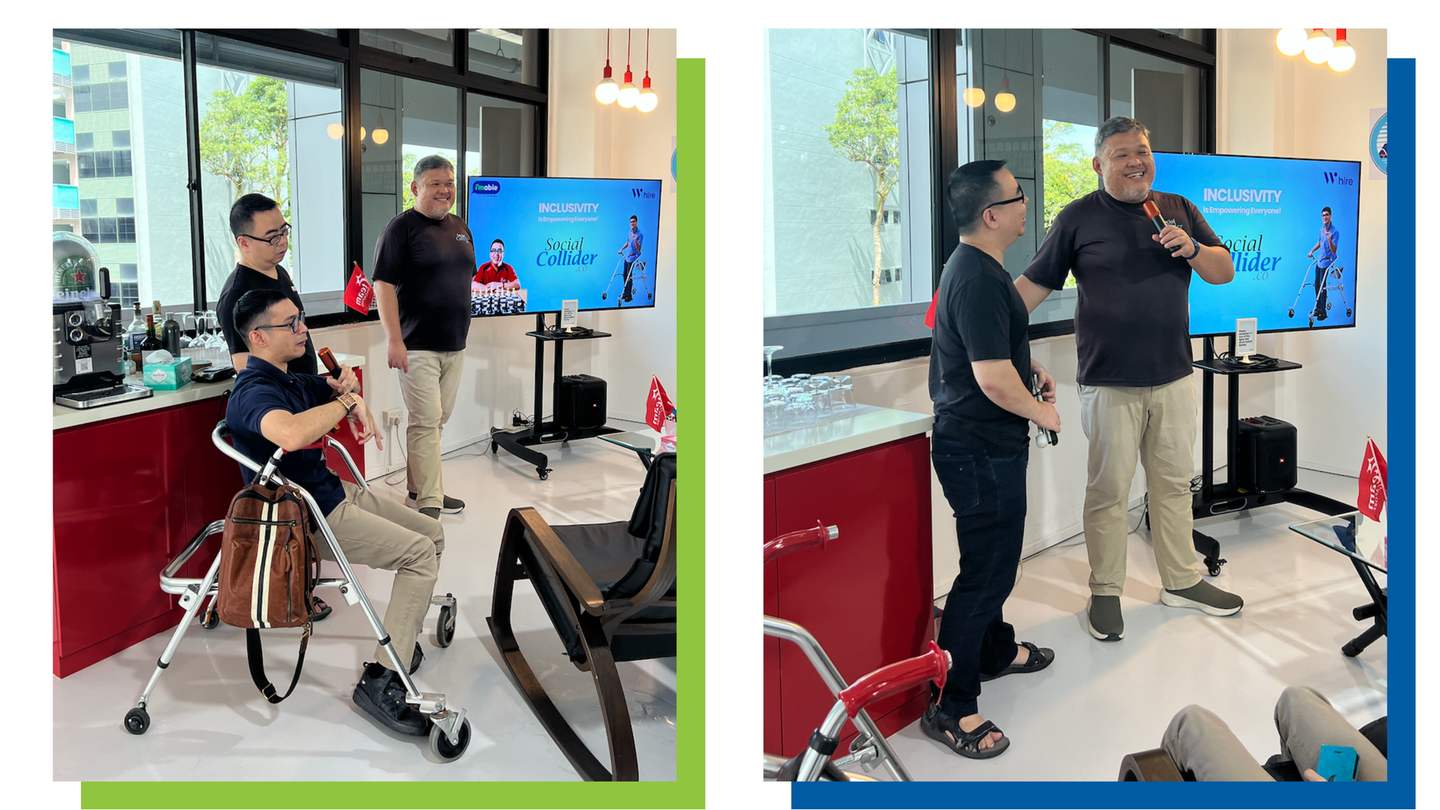
As an employer, what kind of support is needed to help the company and its employees continue to successfully champion disability inclusion?
We appreciate that various schemes like the Open Door Programme are available, and the wage support provided by the government for hiring Persons with Disabilities. We hope that these will continue to be enhanced.
How do you take care of yourself and your team’s mental health?
We have regular in-person meetings and makan sessions when everyone is free to speak up. It helps that our team is a small one where everyone mostly gets along. I also have an open door policy - everyone can come to me directly at any time if they need help or advice.
How do you envision the work landscape to be like in the future in relation to disability inclusion?
My hope is we will all be able to overcome our personal biases and no longer be negatively influenced by others’ personal attributes - especially those which are not relevant to their suitability and ability to do the job. This includes disability as well as race, gender, religion, age, sexual orientation, etc. That would be my vision of true inclusion.
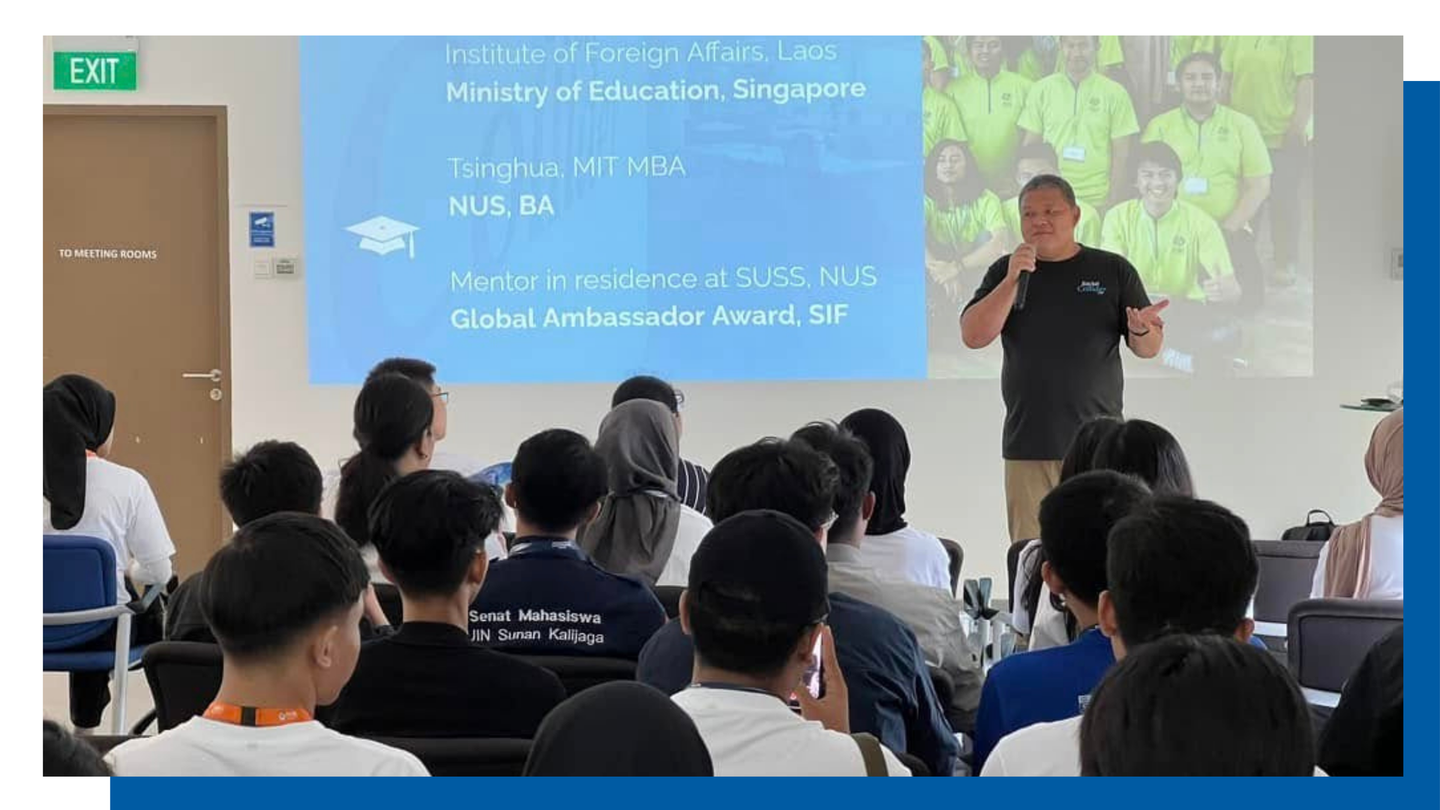
If there’s one thing you could advocate for persons with disabilities in the workplace, what would it be?
Look at the person first - their abilities, work experience, achievements, and even their personality and character. These help to gauge their fit into the company’s work culture.
As for their disability, if any, it is to be taken into consideration and discussed only in relation to how we can accommodate them and enable them to work effectively and independently.
Many people are surprised that I pay my staff with disabilities the market rate; There is this assumption they should be paid less than non-disabled staff. I strongly disagree with this.
I hope to shift the mindset that if a differently-abled person is just as capable as you and I, then they should be remunerated according to their capabilities and qualifications. They should not be penalised because of their disabilities because these have nothing to do with the work and job scope.
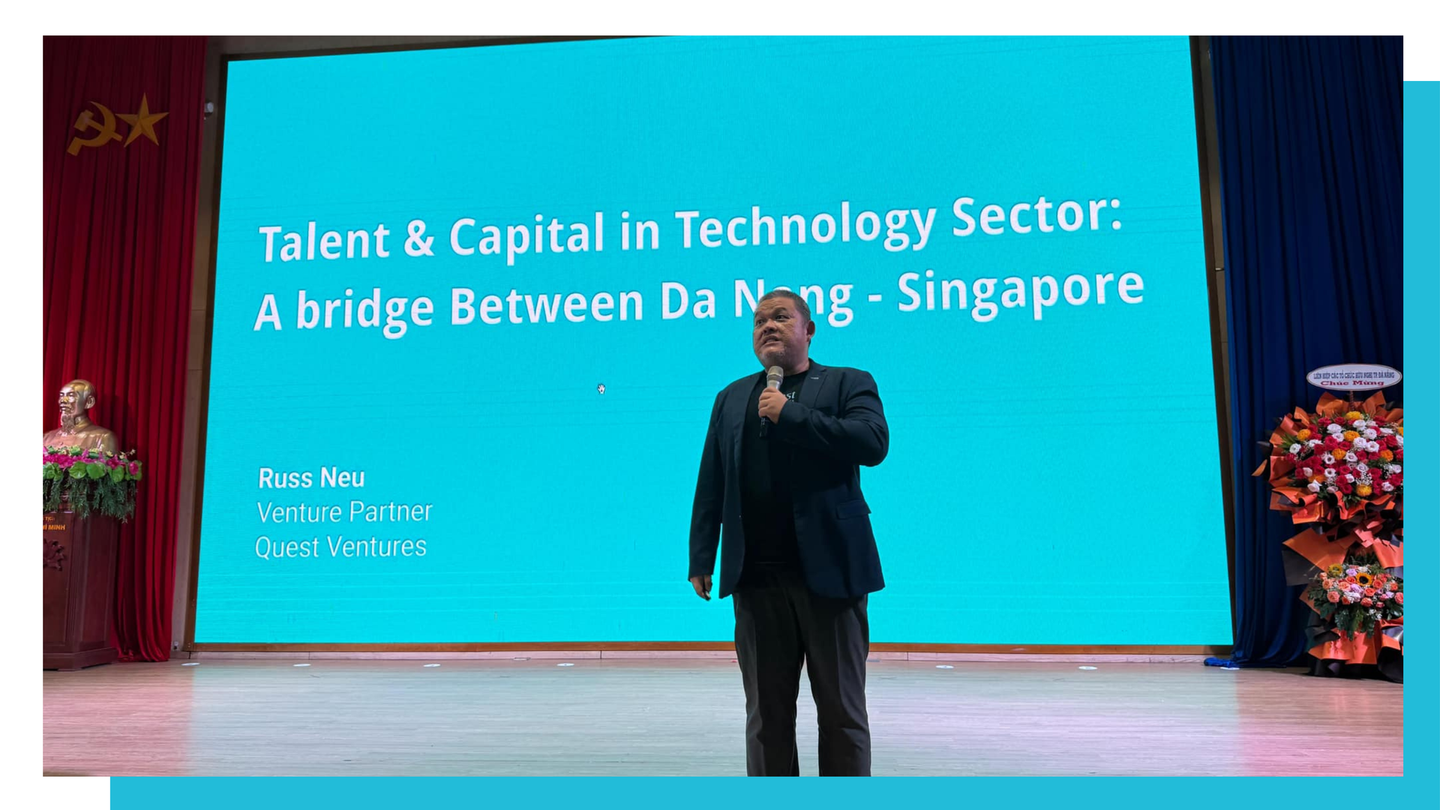
Thank you, Russ!
About the campaign
Inclusivity is Empowering Everyone! is a Public Education for Disability Inclusion campaign by Wantedly Hire in partnership with i’mable by SGEnable.
For more inspiring stories on Inclusive Employment, you can follow the series here.
Our public inclusive Job Portal is now live.

If you are an inclusive employer and wish to list your openings, please send your JDs to andrew@wantedly.com.
About i’mable by SGEnable
i’mable celebrates the abilities of persons with disabilities and encourages everyone to take positive action for disability inclusion and commit to building a more inclusive society and enabling lives.
About Wantedly
Our mission is to create a world where work drives passion. We champion employer branding for companies to attract the right talents for the right opportunities. Wantedly Hire is an application tracking system optimised for modern hiring practices.
